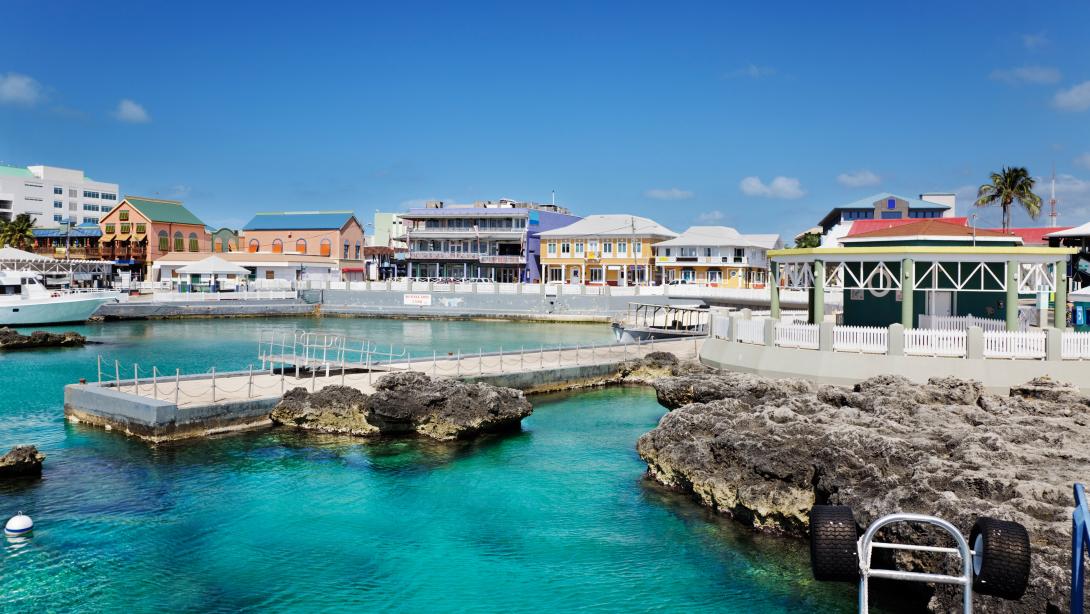The European Union (EU) is likely to place the Cayman Islands on its AML ‘blacklist’, which will have consequences for EU CLO managers that utilise Cayman securitisation vehicles, explains Kareem Robinson as he outlines practical solutions for affected entities.
The EU has proposed adding the Cayman Islands to its list of jurisdictions which have strategic deficiencies in their Anti-Money-Laundering / Counter Terrorist Financing (AML/CFT) regimes (the “EU AML blacklist”).
The addition of the Cayman Islands to the EU AML blacklist is probable as it is not expected that there will be any objections from the European Parliament or the European Council. The Cayman Islands is therefore likely to be added to the EU AML blacklist in late February or early March 2022, 20 days after its addition to the list is published in the EU’s Official Journal.
Why has it happened?
The move follows the EU’s adoption of a resolution in January 2021 which called for tougher action on perceived tax havens such as the Cayman Islands which “pose significant threats to the financial system of the EU”.
Impact
US CLO managers of Cayman Islands securitisation vehicles that have only US based investors will be unaffected by the addition of the Cayman Islands to the EU AML blacklist. This is because the EU AML blacklisting only targets EU originators and investors.
For EU managers active in the Cayman Islands securitisation market, Article 4 of the EU Securitisation Regulations prohibits the establishment of securitisation special purpose entities (SSPEs) in countries listed on the EU AML blacklist, of which the Cayman Islands is expected to feature.
This could have several implications:
- While Article 4 does not explicitly reference investors, the widely held assertion is that the requirement to ensure that the SSPE is not established in a “high risk country” for AML purposes is the investor’s obligation.
- It is generally accepted that EU entities (investors) will be prohibited from investing into instruments (notes) issued by a Cayman Islands securitisation SPV from the date the jurisdiction’s listing becomes effective.
- EU entities will be prohibited from acting as originators and sponsors of Cayman-based securitisation transactions, such as Cayman Islands CLO issuers.
- EU entities would need to apply enhanced due diligence measures to relationships or securitisation transactions involving the Cayman Islands.
- US managers of Cayman Islands domiciled CLOs which intend to take on European investors will need to consider alternative jurisdictions for the formation of CLO issuers, such as Bermuda or Jersey.
Note it is envisaged that the Securitisation Regulation will not impose restrictions on pre-existing Cayman securitisation SPVs. This is provided that the investment was made prior to the Cayman Islands being added to the EU AML blacklist. Therefore, EU investors will not be required to divest their investments in a fire sale scenario.
Next steps
If you have a newly incorporated or pre-existing Cayman securitisation SPV - that has not yet closed and is expected to do so after the date the jurisdiction’s 'blacklisting' becomes effective - and you want to ensure continued access to EU investors for your securitisation transaction, we can provide a full suite of administration, corporate and fiduciary services to support the transfer by way of continuation. Alternatively, we can facilitate the incorporation of your new entity (SSPE) to another suitable jurisdiction such as Bermuda or Jersey, with little or no impact to the current client relationship.
Our ability to support our clients to seamlessly access capital markets from across the world is of paramount importance to us and we would be delighted to discuss the options available to you.
